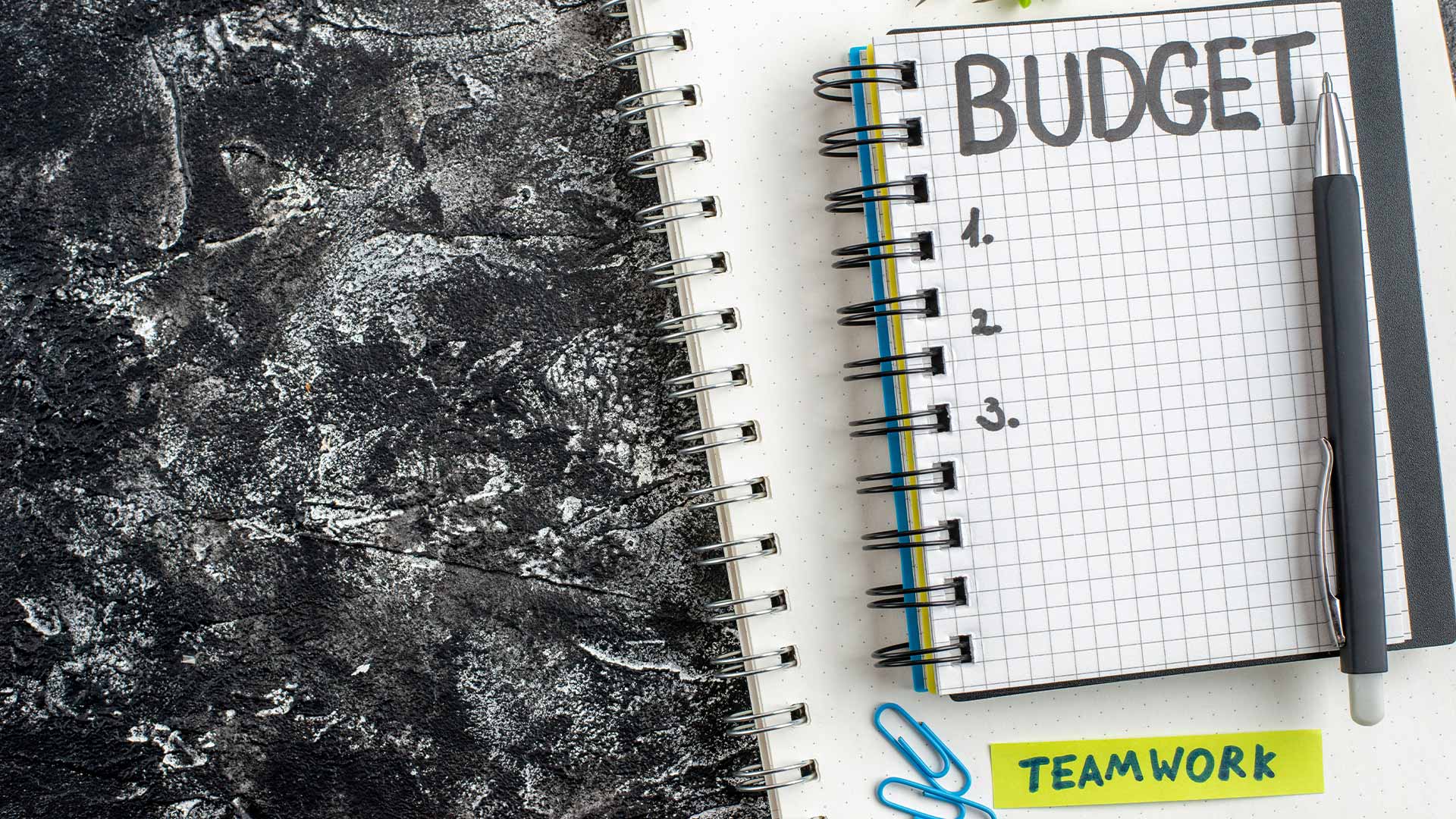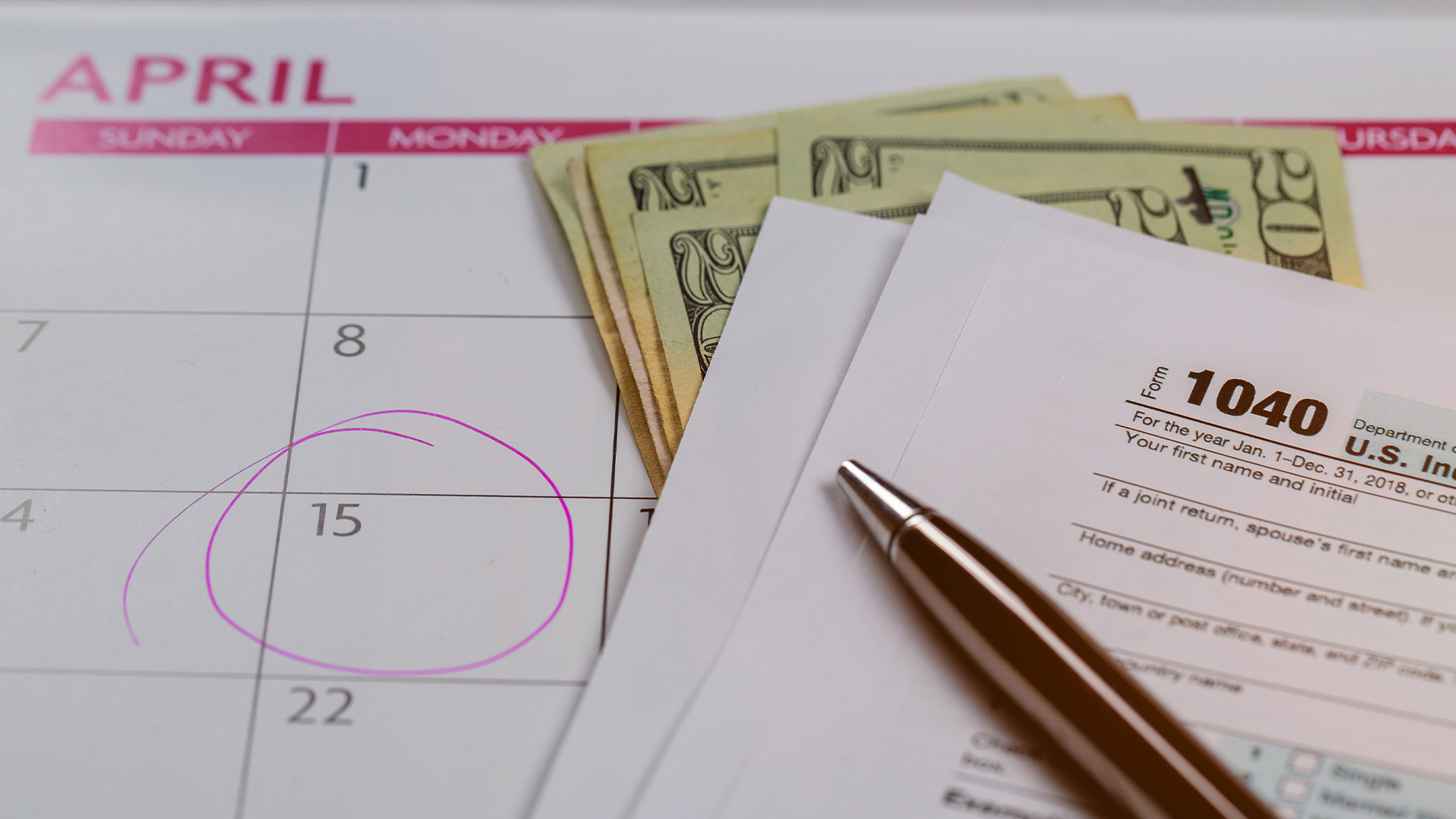Sunday nights are often filled with a mix of calm and anticipation. The weekend is winding down, and a new week is about to begin. For many, it’s a good time to reset mentally--but it’s also the perfect time to reset financially. That’s where the Sunday night budget ritual comes in.
This simple 15- to 30-minute routine has quietly become one of the most important parts of my financial life. It’s not about micromanaging every dollar. It’s about creating space to check in, plan ahead, and feel grounded in what’s coming financially. And once it becomes a habit, you might even look forward to it.
Here’s how this weekly ritual works and how to make it your own.
Clear the Space (Mentally and Physically)
Start by picking a space that feels calm and distraction-free. That might be your desk, your kitchen table, or the couch with your laptop. Pour a cup of tea or coffee, put on a mellow playlist, and set the tone. This is time for you--not for multitasking, not for stress, just for clarity.
Mentally, you’re stepping out of reactive mode and into planning mode. It helps to jot down anything buzzing in your brain before you start. That way, you’re more present and focused when looking at your money.
Open Up Your Tools
You’ll need access to:
- Your bank accounts (checking, savings, credit cards)
- Your budgeting tool or spreadsheet
- A calendar (digital or paper)
- Any bills or invoices due soon
Log in, pull up your dashboard, and get ready to take a quick lap around your finances.
Review Last Week’s Spending
Look at the past 7 days of transactions. What did you spend? Were there any surprises? Did anything go way over (or under) what you expected?
You’re not judging--just observing. Awareness is key. This gives you a chance to spot any patterns early. Maybe takeout crept up again. Maybe gas cost less than usual. You can’t change what you don’t notice, and this is your moment to notice.
Check for Upcoming Expenses
Now look forward. What’s coming up this week?
- Are there birthdays or events to plan for?
- Do you have any bills about to hit?
- Any expected income or reimbursements?
Adding these items to your mental or written plan helps you avoid surprises and stay proactive instead of reactive.
Update Your Budget Categories
Based on what you just reviewed, adjust your budget categories as needed.
Maybe you spent less on groceries, so you can roll that over into savings. Maybe you overspent on dining out, and you want to rein it in this week.
Shift things around to reflect reality--not what you hoped would happen, but what actually did. This keeps your budget honest and useful.
Set One Small Money Goal for the Week
Each week, pick one goal that’s achievable and simple. For example:
- Spend $25 less on takeout
- Move an extra $50 to savings
- Cancel one unused subscription
- Stick to the grocery list, no extras
Writing down this goal--even if just in your notes app--makes it feel real. It gives your week direction.
Sync With a Partner (If Applicable)
If you share money with someone, take 5-10 minutes to talk things through together. What’s coming up? Any purchases to plan for? Anything feel off?
This isn't a deep money talk. It’s more like a weekly status update. It keeps you on the same page and avoids surprises later.
If you're solo, you can still “sync” with yourself--write a quick summary in your journal or budgeting app so next Sunday you’ll have context.
Look at the Big Picture
Once a month during your Sunday ritual, take a step back and review:
- How much debt you’ve paid off
- How much you’ve saved this year
- How close you are to a financial goal
This reflection reminds you why you’re doing all this. It’s easy to get caught in the week-to-week hustle. Pausing to look up and see the progress can be deeply motivating.
End With a Reset
Close your tabs. Log out of your accounts. Take a breath.
You’ve just given yourself clarity, direction, and confidence for the week ahead. That alone is worth celebrating.
This routine doesn’t need to be perfect or fancy. It just needs to happen. Some weeks it’ll feel great, others it might feel like a chore--but showing up each week builds a rhythm. And over time, that rhythm turns into results.



